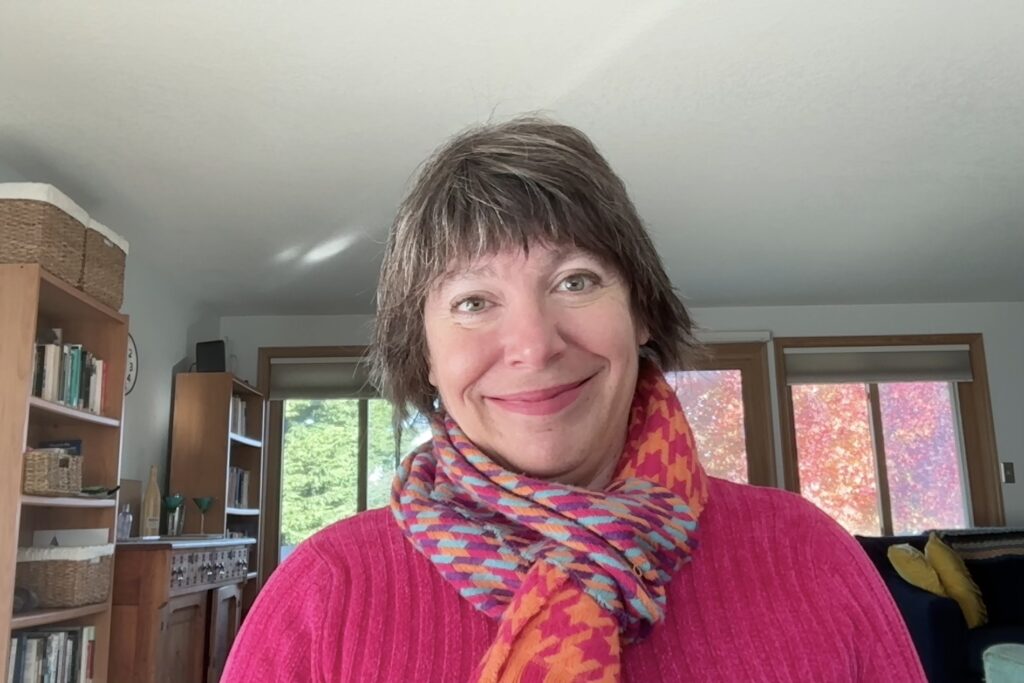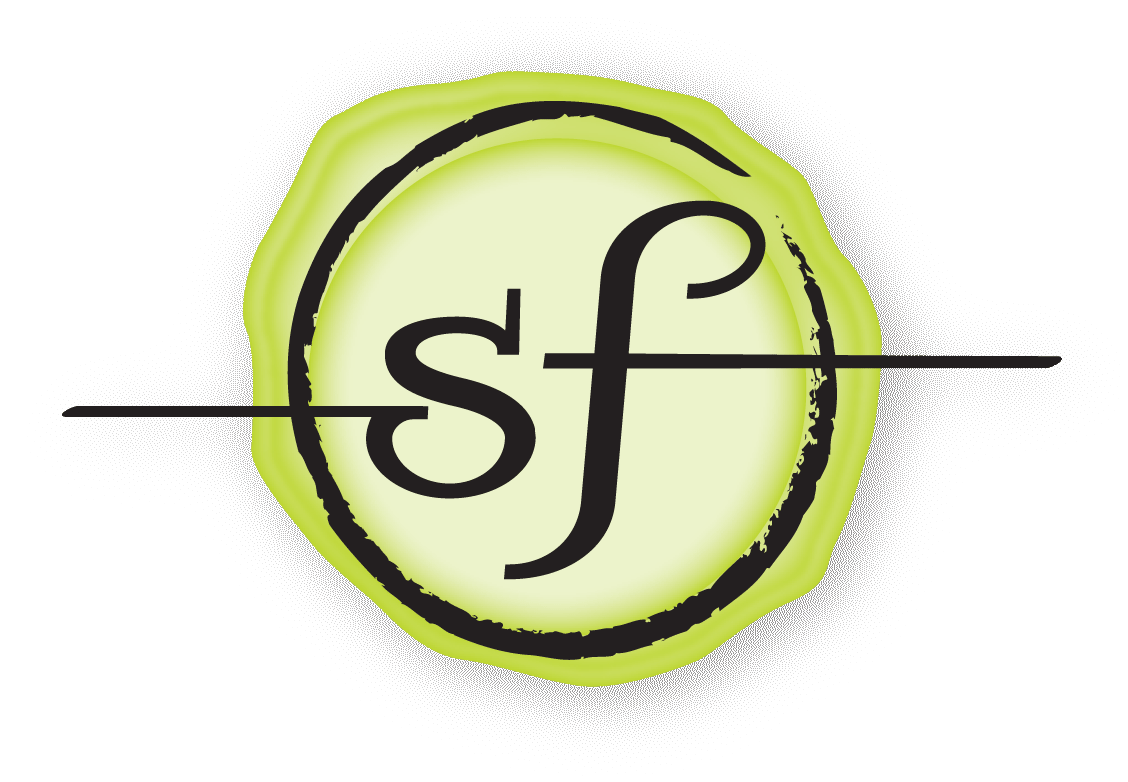About
Susan Ferentinos, PhD

Performing focused historical research, disseminating information about the past, and consulting with other organizations, my work tells a full and relevant story of those who have gone before, in order to provide perspective on the present.
I began my career working in archives and libraries, eventually earning my Master’s of Library Science (MLS) with a concentration in special collections from Indiana University. That’s a fancy way of saying that, in addition to spending a good part of my days doing research in historical collections and libraries, I’ve actually been trained in the organization of information. This gives me a lot of perspective when assessing the value of potential sources, synthesizing loads of information into something useful, tracking down hard-to-find material, and making sense of a disorganized box of papers from somebody’s attic.
Through archives, which focus primarily on historical documents, I discovered a range of other ways to uncover the past. Buildings, landscapes, artifacts, personal memories–each offers its own perspective on previous eras. I became a Renaissance person, learning the skills of deciphering each medium in order to explore the past from many angles. Within the historical profession, knowledge of how to use these various types of materials, combined with an interest in sharing them with a wide audience, is known as “public history.” I had found my niche.
My travels through the world of public history have given me professional experience in archives, oral history, historical interpretation, museums and historic sites, historic preservation, publishing, teaching and administration. I’ve also done my share of community development and board work on the side. In particular, for ten years, I served as the public history manager of the Organization of American Historians (OAH). The OAH is the world’s leading professional organization for historians of the United States. As their public history manager, I served as the organization’s liaison with historians working in a wide variety of positions, in museums, historic sites, archives, historical societies, and historic preservation. I also directed a collaborative program with the National Park Service, designed to bring the latest historical scholarship to bear on the stories being told at the nation’s most cherished historic sites. Under my direction, this program quadrupled in size, and I had the privilege to work with hundreds of the nation’s finest historians. Along the way, I also gained an exceptional amount of experience in project management, relevance, and the opportunities of using place–and specific tangible resources–to connect to the past.
Passion
An understanding of the past is essential for building a rich and responsible future. Toward that end, my work combines current best practices in historical research with a commitment to relevance and connection. This vision has led me to a variety of efforts, such as collaborating with the National Park Service on over a hundred cultural resource and interpretive projects, writing a book on interpreting LGBTQ+ history, consulting with an array of museums and historic sites, and advocating for a larger understanding within the historical profession of the potential of our work. While my experience has been wide and varied, the belief behind it has stayed the same: History has the power to change the present world.
Purpose
Performing focused historical research, disseminating information about the past, and consulting with other organizations, my work tells a full and relevant story of those who have gone before, in order to provide perspective on the present.
Skill
I have over thirty years’ experience in community building and public history. I also hold a PhD in United States history from Indiana University, with an emphasis on the history of women, gender, and sexuality. In addition to this specialization, much of my work has focused on LGBTQ+ history, the twentieth century, the history of childhood, and the rise of consumer culture. I am also a graduate of the History Leadership Institute and the ARCUS Preservation Leadership Forum.
